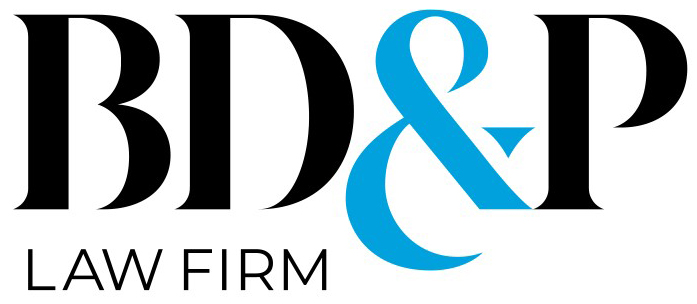
Progressing to Settlement after Mediation Concludes
By Bill Duke
 When a mediation concludes either without resolution or with a partial resolution, it can leave the disputing parties rather in a state of limbo. What should the parties then do to continue to progress toward a resolution? What should the mediator do to ensure that the momentum gained during mediation is not lost? Should the parties seek a proposal from the mediator?
When a mediation concludes either without resolution or with a partial resolution, it can leave the disputing parties rather in a state of limbo. What should the parties then do to continue to progress toward a resolution? What should the mediator do to ensure that the momentum gained during mediation is not lost? Should the parties seek a proposal from the mediator?
Post-mediation expectations are an important part of any mediation session and should be discussed in the pre-mediation meetings. When it is understood that the dispute won’t revert back to square one if a mediated solution is not reached, the parties can be free to communicate and brainstorm without feeling the pressure of a time constraint. Just because a session ends without full resolution does not mean it was a failure. In fact, the nature of some disputes is such that the best result of mediation is not necessarily a resolution, but a deeper understanding of the issues. Some disputes simply require a measure of time and reflection before the best resolution can be achieved.
First and foremost, parties are usually well served by determining a format of communication to follow after the session is complete. For example, the parties may wish to communicate via email only if clarity and timing of their communications are important. For less technical issues where it is important for parties to be comfortable with each other, it may be best to agree to phone calls or video conferences at specific intervals. Whatever the determination, laying the groundwork for continued dialogue is a simple but effective way to ensure that any progress made during mediation is built upon rather than squandered.
A more interesting question is how to determine whether or not the mediator should provide a post-mediation proposal for the parties to consider.
It is common for mediators in evaluative mediations to provide not only opinions, but also assessments and proposals. Interest-based mediators, however, do not provide such feedback at any time. In an interest-based mediation, the parties are encouraged to brainstorm and audit potential solutions with the guidance of the mediator, but the mediator typically does not provide suggested solutions.
The benefit to having a mediator provide a proposal is that a resolution can be reached quite efficiently. A skilled mediator is capable of providing a solution that satisfies as many of the parties’ interests as possible, paying particular attention to the priorities expressed by each party. Experienced mediators know and understand the types of terms that turn a settlement into a lasting resolution.
However, a potential downside is that if either party perceives the mediator’s proposal as unfair, biased, or indicative of a misunderstanding of the issue(s), it may cause that party to question the neutrality and/or skill of the mediator, and in turn have doubts about progress made during the mediation session. Mediation presents a unique opportunity to make effective progress since it is one of the few times during a dispute that all parties are simultaneously engaged. The last thing mediating parties want is to squander or undo that momentum. In this way, it may actually be harmful for a mediator to provide a proposal after the session is complete, even if the intention is honourable.
Each party to a mediation should consider the following criteria (among many others) when determining whether they want their mediator to provide a post-session proposal for consideration: the technical nuances of the issue, the amount of understanding achieved during the session, their ability to cooperate with the opposing party without a mediator present, how close to a resolution they got during mediation, and any time constraints on reaching a resolution. For example, if the issue is highly technical and the parties did not come particularly close to a settlement during the session, the parties likely will not want a proposal from their mediator. If the issue was made clear and all that remains is to achieve consensus on a few, small terms, then a proposal is likely a good idea.
Bill Duke is a Lawyer/Mediator at Duke Mediation & Dispute Resolution in Calgary and a graduate of the University of Calgary Faculty of Law. He practices primarily in the areas of civil litigation and mediation.












